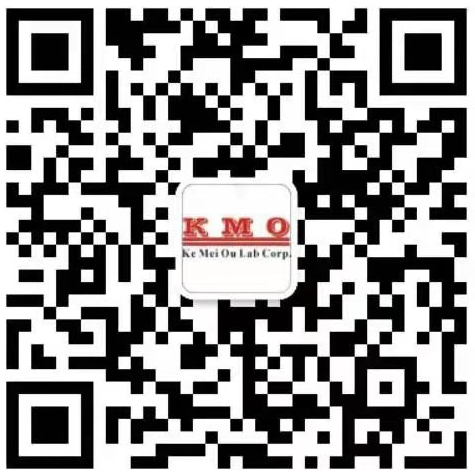
In response to the evolving mobile Customer Equipment technology around the world, KMO Labs provides fast and cost-effective mobile network access certification. We are a leading supplier of mobile terminal network technology certification. Our facilities are fully certified and based on market priority for laboratory improvements to meet the changing needs of customers. For example: In response to customer testing requirements for millimeter wave mmWave products, KMO Labs has extended the upper limit of RF testing capabilities to an astonishing 325GHz.
KMO Mobile Terminal Laboratory is the first Australian mobile terminal product accreditation laboratory in China. The S042 test report issued by KMO has been recognized by Australian authorities, regulatory agencies and the government.
Our KMO is also an accredited testing laboratory for 5GNR, LTE, CDMA, UMTS (WCDMA) and GSM certification schemes, and can test all 5G, 4G, 3G and 2G wireless products, including smart phones, feature phones, modules, IoT (M2M) devices, Wireless routers, hotspots, tablets, laptops, infrastructure equipment, etc.
Our KMO queue appointment time is only 3 days at the fastest, and our KMO provides instant online order value-added services. By bundling mobile terminals with other testing and certification requirements (telecom access, mobile access, radio frequency, electromagnetic compatibility, safety, environment, energy efficiency, performance, etc.), time and money can be saved. With KMO, you will eliminate the hassle of using multiple laboratories, logistics delays and transportation costs.
Our KMO mobile terminal testing & certification services include:
2G: GSM or CDMA
3G: WCDMA or EVDO
4G: LTE
5G: NR (New Radio)
GCF Global Certification Forum (GCF),
PTCRB (PCS Type Certification Review Board),
CTIA (the Cellular Telephone Industries Association) and CCF (CDMA Certification Forum)
etc.
PTCRB
PTCRB (PCS Type Certification Review Board) is an organization established by network operators to test GSM devices, such as mobile phones, modules, M2M devices, etc. The test is based on the appropriate 3GPP standard and meets the requirements of GSM operators. PTCRB certification is a requirement for starting cellular devices on North American GSM carriers such as AT&T, Verizon (for LTE), etc.
The list of PTCRB-approved devices is available on the PTCRB website. The website provides the following information for each PTCRB-approved device:
* manufacturer
* Model Number
* Supported technologies (GSM/UMTS/LTE)
* spectrum
* Hardware version
* Software version
* Certification date
* Type of application (new or ECO)
The date of PTCRB certification is a good indication of the module life cycle. A later date will indicate that the module is up to date with the required PTCRB updates.
It is important for M2M application developers to select PTCRB-approved modules so that their devices can be approved by carriers. In addition to PTCRB certification for modules, M2M devices should obtain PTCRB certification before they can be started on the carrier network. Devices can take advantage of the module's authentication, but will be tested for SIM, power and RF interfaces.
PTCRB certification process
M2M application developers should set up an account on the PTCRB website. After setting up the account, send an email to certification@ctia.org requesting access to the PTCRB authentication database. After granting access to the PTCRB authentication database, create a PTCRB test request on the PTCRB website. You need to provide information about the device, such as the model/name, supported technology/frequency band, module information, FCC ID, and IMEI. You also need to include the name of the laboratory where the test will be performed. PTCRB notifies the selected laboratory, which then collects hardware samples, documentation, and other information to perform the test. Upon successful completion of all tests, the test lab will upload the test report to the PTCRB certification database. The CTIA, as administrator of the PTCRB, will review the test reports and notify the developers of the certification decision.
PTCRB schedule
The duration of PTCRB testing depends on the functionality supported by the device - number of bands, data only, data and voice, external or internal antennas, etc. The important consideration is whether the device uses PTCRB-certified modules. When the device uses modules already approved by PTCRB, PTCRB certification of the device will take 2-3 weeks.
Our KMO laboratory can provide PTCRB prediction and agent application services, please contact our KMO for specific needs!
 Follow us for the latest news
Follow us for the latest news Working hours: 9:00-18:30, Monday to Friday
Contact:Lisa Liu
Mobile:18028790769
Email: kmo@kmolab.com
Address:Room 2013, 20th Floor, Business Center, Jiahui Xin Cheng, No 3027, Shen Nan Road, Fu Tian, Shen Zhen, Guang Dong, China
